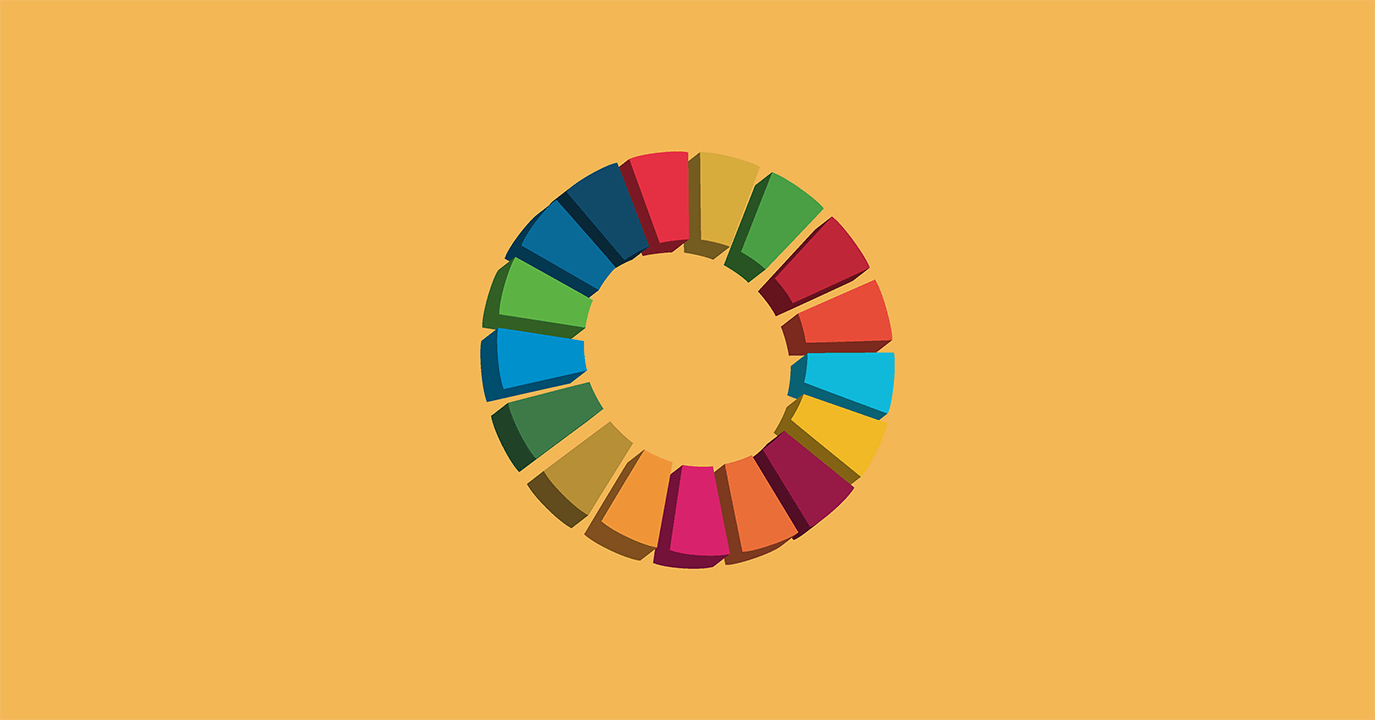IAS is now part of the Working Group on the 2030 Agenda
Published in 02 Jul 2020
Written by By the IAS team
Tags:

Since June the IAS has been part of the Civil Society Working Group for the 2030 Agenda [The Civil Society Working Group on the 2030 Agenda] (2030 Agenda WG), a coalition of non-governmental organizations, social movements, forums and Brazilian foundations dedicated to the defense of rights and the fight against inequality.
The group was formed in 2014 as a result of the intense process around the negotiations on new global goals, organized nationally by Abong [Brazilian Association of NGOs] and developed in partnership with a number of civil society organizations involved in the approval of the 2030 Agenda, which took place during the United Nations Summit on Sustainable Development at the 70th United Nations General Assembly. Since then the Working Group has been active in the dissemination, promotion and monitoring of the 2030 Agenda, publicizing the Sustainable Development Goals [SDGs], mobilizing civil society and politically influencing the Brazilian government and the United Nations system.
The 2030 Agenda WG communicates and makes visible the importance of the Sustainable Development Goals and the potential impact of their implementation on people and territories, in addition to gathering, analyzing and producing content that informs their impact and social actions, including the annual production of the Relatório Luz [Spotlight Report]. The 2030 Agenda WG also influences the financing agenda for development established in the Addis Ababa Action Agenda.
“Coordination is key for the strengthening of civil society. Thus we are happy to join the Working Group, which brings together information produced by such diverse sectoral agents. At IAS we understand that organized civil society should be an important interlocutor for decision makers. We are genuinely committed to the mission of contributing to the production of knowledge and the development of local solutions, driving the improvement of evidence-based public policies”, says Marussia Whately, Executive Director of the IAS.


